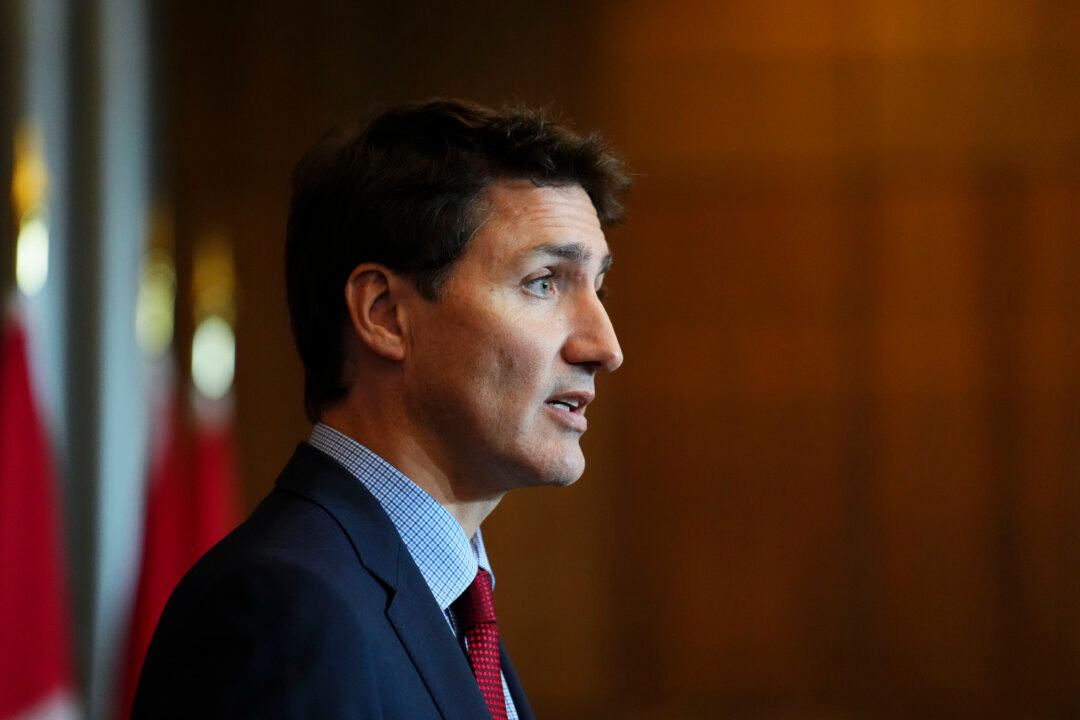Prime Minister Justin Trudeau says it is “disconcerting” that a federal department awarded a contract to provide and maintain RCMP communications equipment to a company known to have ties with the Chinese regime.
Trudeau was referring to a CBC News report published on Dec.7 saying that in October 2021 the federal government awarded a contract worth nearly $550,000 to Sinclair Technologies, an Ontario-based company controlled by China-based company Hytera Communications.





